Proposed Rule Changes by the B.C. Government to Protect Renters and Landlords
The B.C. government has introduced proposed rule changes aimed at stopping bad-faith evictions, streamlining the rental dispute process, and banning rent increases when a child joins a household.
Bill 14, the Tenancy Statutes Amendment Acts, was given its first reading in the provincial legislature earlier this month. The bill proposes changes to B.C.’s Residential Tenancy Act, aiming to support both “renters and landlords who play by the rules,” according to Premier David Eby.
Addressing Unfair Practices
“While most landlords and tenants play by the rules and have respectful relationships, too many people in B.C. are still facing unfair rent hikes and evictions under false pretenses,” said Eby in a press release announcing the changes earlier this month. “At the same time, many people who have chosen to rent part of their home are struggling to end problematic tenancies. That’s why we’re taking action to protect both renters and landlords with stronger rules designed to ensure the law is respected by everyone—and bring more fairness for everyone in the rental market.”
As part of the proposed amendments, landlords will need to use a web portal to generate a notice to evict a tenant for personal use. In addition to creating a standardized process for serving notice, the province says the change will help landlords learn about the required risks and conditions of bad-faith evictions and will provide the Ministry of Housing with information about the frequency of these types of evictions. The new process for evictions will also allow for post-eviction compliance audits.
Limiting Rent Increases
The proposed changes will also limit a landlord’s ability to impose a rent increase if a tenant adds a child under 19 to their household, even if the tenancy agreement states rent will increase with new occupants. Under the new rules, any rent increase would be limited to the existing annual allowable rent increase amount.
“We know the majority of landlords are excellent, we know the majority of renters are fantastic,” B.C. Housing Minister Ravi Kahlon told Global News. “What we have is a system where on the ends of a spectrum we have people who abuse the system.”
The B.C. government also wants to resolve rental disputes faster and ensure both landlords and tenants get any money owed to them. The Ministry of Attorney General’s new Money Judgment Enforcement Act will come into force in 2025, which Eby says will make it easier and less costly for people to get the money owed to them as a result of a Residential Tenancy Branch hearing decision.
Additional Proposed Amendments
Other changes through these proposed amendments include:
- Increasing the amount of notice a landlord must give a tenant when ending a tenancy for personal occupancy, from two months to four;
- Increasing the amount of time a landlord must occupy a rental unit after ending a tenancy for personal occupancy from six months to 12 months;
- Increasing the amount of time a tenant has to dispute a notice to end tenancy from 15 days to 30 days;
- Prohibiting evictions for personal use in purpose-built rental buildings with five or more units; and
- Prohibiting eviction for the conversion of rental units to specific non-residential uses.
Do you have questions about the real estate market? The legal experts at Clark Woods LLP are happy to assist with your real estate and conveyance needs. Call 604-227-9153 today to setup a consultation or visit our real estate page for more information.

